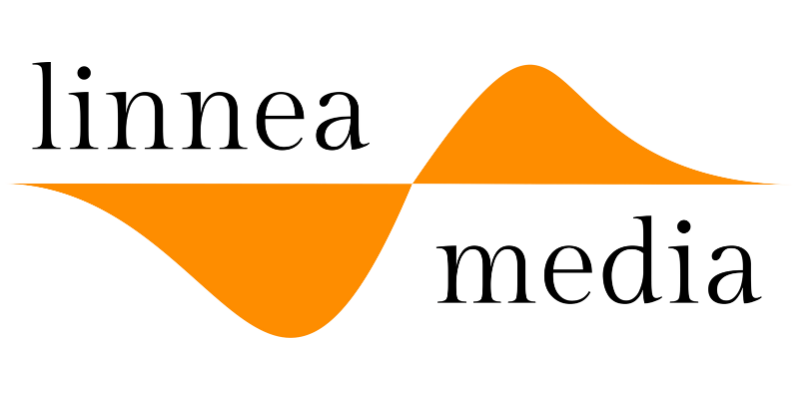The phrase ‘AI in music’ is a big part of my everyday language. It marks a big change in the way we make, produce, and engage with music. This change is more than just a short-term trend; it’s a major shift that’s reshaping how we think about music and how we handle it in business.
In my time in the music industry, I’ve watched AI become a major player. It’s changing how things work, from helping artists make new tunes to transforming how we produce music. AI is like a blend of tech and creativity in music, doing things we used to only dream about.
It’s an exciting time to be part of this transformation, where AI isn’t just an accompaniment but a key player in the future symphony of the music industry.
AI in Music: A New Era for Creation and Innovation
In my years as a music industry consultant, the emergence of AI in music has been nothing short of a revolution. It’s ushering in a new era of creation and innovation, one that I could only dream of when I first started in this business.
AI is not just a tool; it’s a creative partner that’s redefining the boundaries of what’s possible in music composition and production.
Take for instance how producer Rodney Jerkins used AI to extract audio from a VHS tape of Wu-Tang Clan’s Ol’ Dirty Bastard, using it in a track for SZA. This innovative use of technology is growing, especially as the industry sees a surge in younger audiences creating and sharing their own remixes on platforms like TikTok.
AI isn’t just reshaping music; it’s creating a new genre where human creativity meets machine intelligence, leading to groundbreaking compositions that are both novel and enthralling
The Application Doesn’t Stop At Composition
AI technology is transforming music production across the board, making advanced tools available to everyone. With Soundverse, a voice prompt can be turned into a full-length song, or Endel that specializes in creating soundscapes that enhance focus and boost productivity.
This shift in technology, from sophisticated studio use to user-friendly apps, is narrowing the gap between professional musicians and music enthusiasts, ensuring high-quality results in every aspect of music creation.
Now, emerging creators, armed with just their creativity, can produce full-length songs that stand up to major label quality. This shift means that independent artists and smaller studios, once limited by access to high-end resources, can now use AI tools to make top-notch music.
While these advancements are celebrated for opening up music creation to anyone, anywhere, there are concerns about the personal aspects of an artist’s voice or style being replicated and commercialized.
Revolutionizing Music Production with AI
It’s been fascinating to witness the transformation brought about by AI in music production. The integration of AI is not just altering, it’s revolutionizing the way we produce music.
The use of AI-driven software and tools in studios is a game-changer. These tools are enhancing sound quality, bringing a level of precision and clarity that was once the exclusive domain of top-tier professionals. From mixing to mastering, AI algorithms are capable of fine-tuning music to perfection, uncovering nuances that even the most skilled human ears might miss.
Navigating Ethical Dilemmas and Legacy Considerations
Let’s not ignore the fact that these technologies raise numerous concerns. If AI can quickly make a song similar to Ed Sheeran’s, what does that mean for him and other musicians who might feel replaced? Is it right for AI firms to use artists’ songs for training without asking them?
With AI already used to mimic voices of those who’ve passed, like Edith Piaf’s in her biopic, it raises questions about how we remember and honor past voices. What are the implications of reviving any historical voice through AI?
Anxiety is present even among AI technology enthusiasts. Recently, Edward Newton-Rex, former vice president of audio at Stability AI, stepped down from his role, citing worries that his work might be displacing musicians.
My guess is that these questions will be settled in court, in the years to come.
The Future of AI in the Music Industry
AI’s entry into the music industry left us with mixed feelings. Positively, it has absolutely transformed music creation, production, and discovery, opening up new creative paths for artists and enhancing listeners’ experiences.
However, there are negative sides too, such as the potential loss of human creativity and uniqueness. AI music, while impressive, often misses the emotional depth and personal touch of human compositions, risking a uniformity in music that could erase distinctiveness. Still, I’m eager to see how the industry will evolve and adapt.




